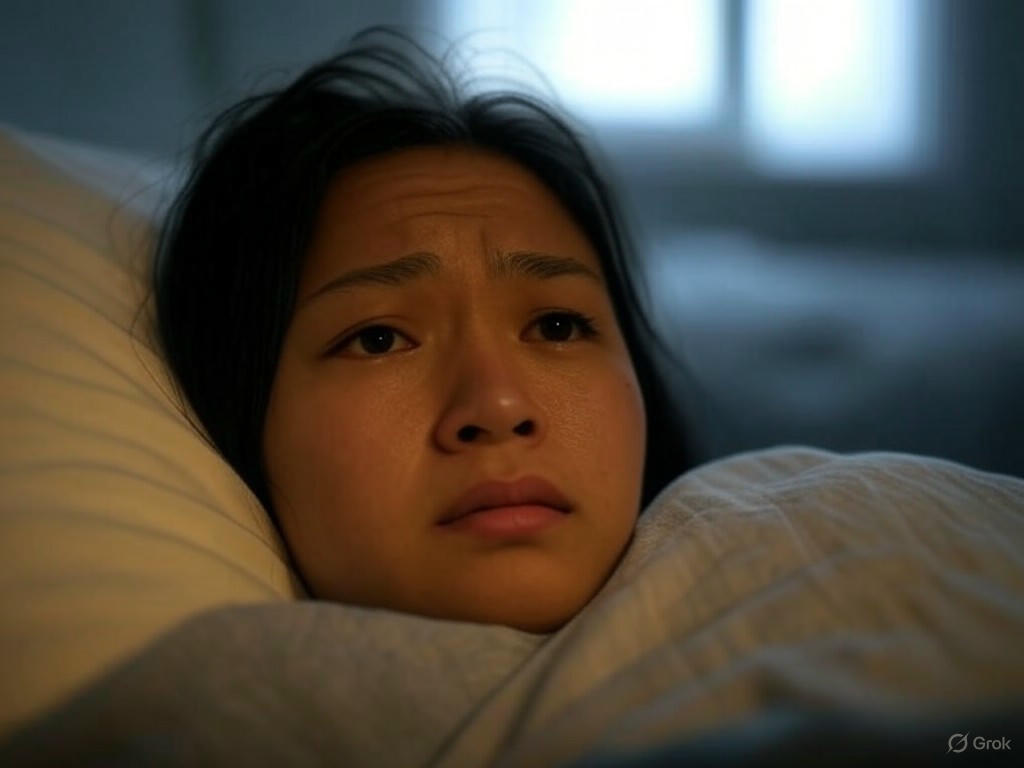Restless Nights, Restless Hearts: How Sleep Affects Jealousy in Anxious Relationships
Sleep is often hailed as a cornerstone of mental and emotional well-being, but its impact on romantic relationships might be more profound than many realize. A groundbreaking study has uncovered a surprising connection between the quality of sleep and feelings of jealousy, particularly among individuals who already harbor insecurities about their partnerships. For those who toss and turn at night, the emotional ripples may extend far beyond fatigue, seeping into the delicate fabric of love and trust.
When we think of jealousy, it’s easy to attribute it solely to personal insecurities or past experiences. However, emerging research suggests that something as fundamental as sleep—or the lack thereof—can play a significant role in amplifying these emotions. The study, conducted by a team of neuroscientists, focused on individuals who reported high levels of relationship anxiety, a state characterized by constant worry about a partner’s fidelity or the stability of the bond. What they found was striking: those who struggled with restless nights were far more likely to experience heightened jealousy compared to their well-rested counterparts. The reasoning lies in sleep’s critical role in regulating emotions. Without adequate rest, the brain’s ability to process feelings and maintain perspective diminishes, leaving room for irrational thoughts and exaggerated fears to take hold.
Delving deeper, the researchers noted that sleep deprivation often disrupts the prefrontal cortex, the part of the brain responsible for rational thinking and impulse control. When this area is compromised, emotional responses can become more intense and less filtered, making a minor concern—like a partner’s friendly interaction with someone else—feel like a monumental threat. For someone already grappling with relationship anxiety, this can create a vicious cycle. Poor sleep fuels jealousy, which in turn causes more stress and sleeplessness, further straining the relationship. The study also highlighted that participants who prioritized better sleep habits, such as maintaining a consistent bedtime or avoiding screens before bed, reported a noticeable decrease in unwarranted suspicions over time.
Beyond the science, this discovery serves as a reminder of how interconnected our physical and emotional lives are. It’s not just about getting more hours of shut-eye; it’s about recognizing that rest is a form of self-care that can protect the health of our relationships. For couples navigating the choppy waters of insecurity, addressing sleep issues could be a small but powerful step toward rebuilding trust and understanding. Simple changes, like creating a calming bedtime routine or seeking professional help for chronic sleep problems, might do more than refresh the body—they could soothe the heart as well.
As we continue to unravel the mysteries of the mind and body, this research offers a fresh perspective on love’s challenges. Jealousy, often seen as a purely emotional struggle, may have roots in something as tangible as a bad night’s sleep. By prioritizing rest, we might not only wake up feeling better but also love with greater peace and confidence.


